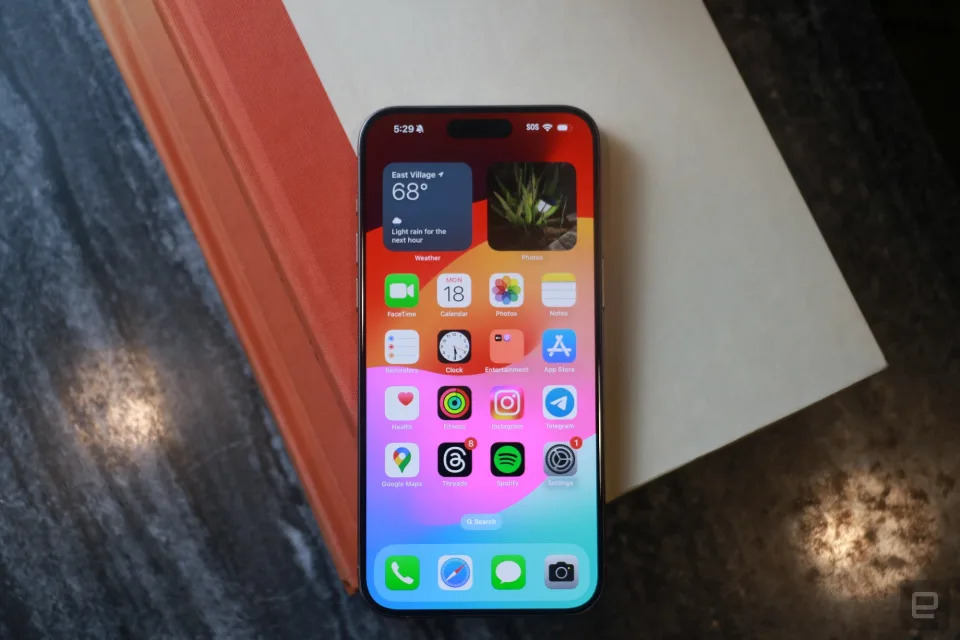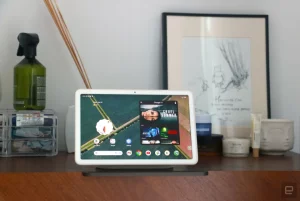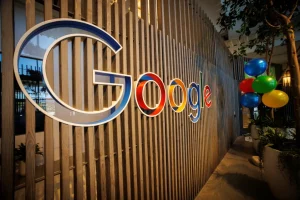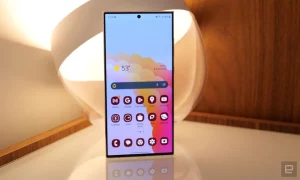After the disclosure that law enforcement can access mobile push notification records, Apple attributed the restriction on revealing such procedures to the Department of Justice (DOJ). Simultaneously, the company modified its Legal Process Guidelines document to specify that obtaining the relevant records required “a subpoena or greater legal process.” However, Reuters observed that a week later, Apple discreetly adjusted this specific line to align with Google’s more stringent policy on this issue.
“The Apple ID associated with a registered APNs token and associated records may be obtained with an order under 18 U.S.C. §2703(d) or a search warrant.”
In simpler terms, law enforcement will now require a judge’s consent to access push notification data from Apple, a practice that has been in place with Google all along, as stated in a response provided to Reuters. Engadget sought Apple’s input on the updated guidelines, but the company declined to provide comments.
The concerns regarding “push notification spying” were initially raised by Oregon Senator Ron Wyden. In an open letter to the DOJ, he alleged that foreign governments had been pressuring Google and Apple to furnish push notification records. Given that push notifications pass through the servers of these companies, the senator expressed concern that “Apple and Google are in a unique position to facilitate government surveillance of how users are using particular apps.”
Wyden then addressed the obvious issue, asserting that these tech giants “should be permitted to be transparent about the legal demands they receive, particularly from foreign governments.” Apple’s response regarding the DOJ’s suppression seems to support the senator’s assertions, but it remains uncertain whether the department will take action regarding both tech companies’ enhanced transparency on push notification surveillance.




